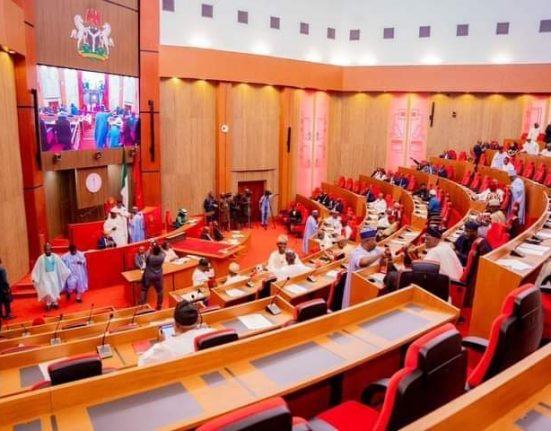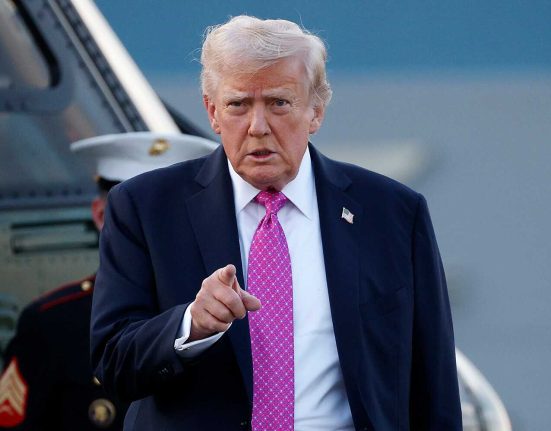A mild drama unfolded at the Nnamdi Azikiwe International Airport, Abuja, on Tuesday when immigration officials briefly withheld the international passport of Senator Natasha Akpoti-Uduaghan, who represents Kogi Central in the National Assembly.
In a Facebook Live video streamed from the airport, the lawmaker accused officers of the Nigeria Immigration Service (NIS) of unlawfully seizing her passport and attempting to stop her from travelling abroad. She described the incident as an infringement on her fundamental human rights and another episode of political harassment.
“Hello, fellow Nigerians. I’m Senator Natasha. Having completed my second year in office, I decided to take a week off. I’m at the airport here, and my passport has been withheld again,” she said in the video. According to her, this was not the first time she had been prevented from travelling, despite having no pending legal case or court order restricting her movement.
The senator alleged that one of the immigration officers informed her that the directive to withhold her passport came from Senate President Godswill Akpabio. She claimed the officer told her Akpabio accused her of “spoiling the image of the country” during her interviews with international media whenever she travels abroad. Akpoti-Uduaghan condemned the action, describing it as politically motivated and a violation of her rights.
“This same thing happened before when I was stopped from travelling even though I had committed no offence and there was no court order restricting me,” she lamented. She called on relevant authorities to intervene and put an end to what she termed “continuous harassment and intimidation.”
The senator later confirmed that immigration officers eventually returned her passport, allowing her to continue her journey. The video, which circulated widely on social media, drew mixed reactions from Nigerians, with many calling for a probe into the matter.
The incident has reignited public debate about freedom of movement, political influence within government institutions, and the rights of elected officials to travel without undue restriction.








